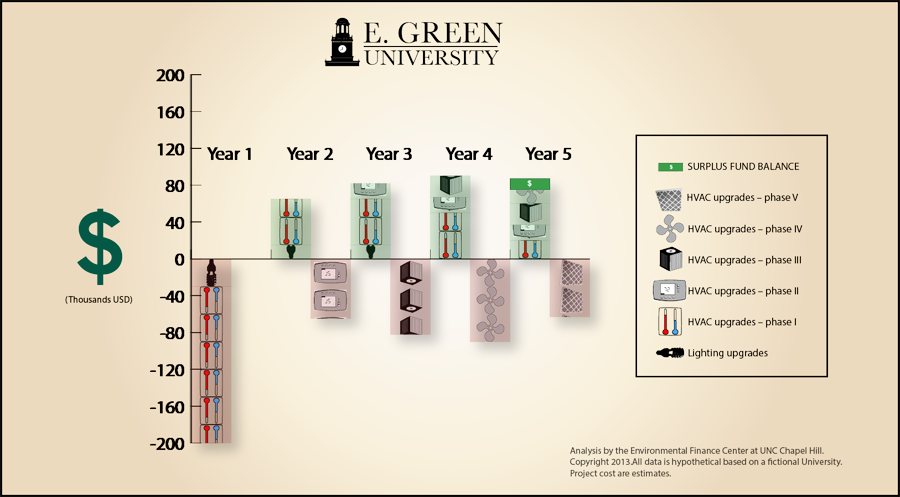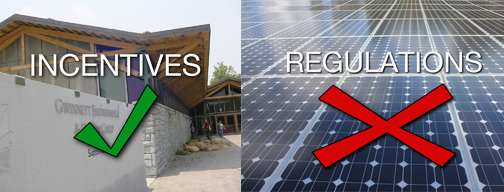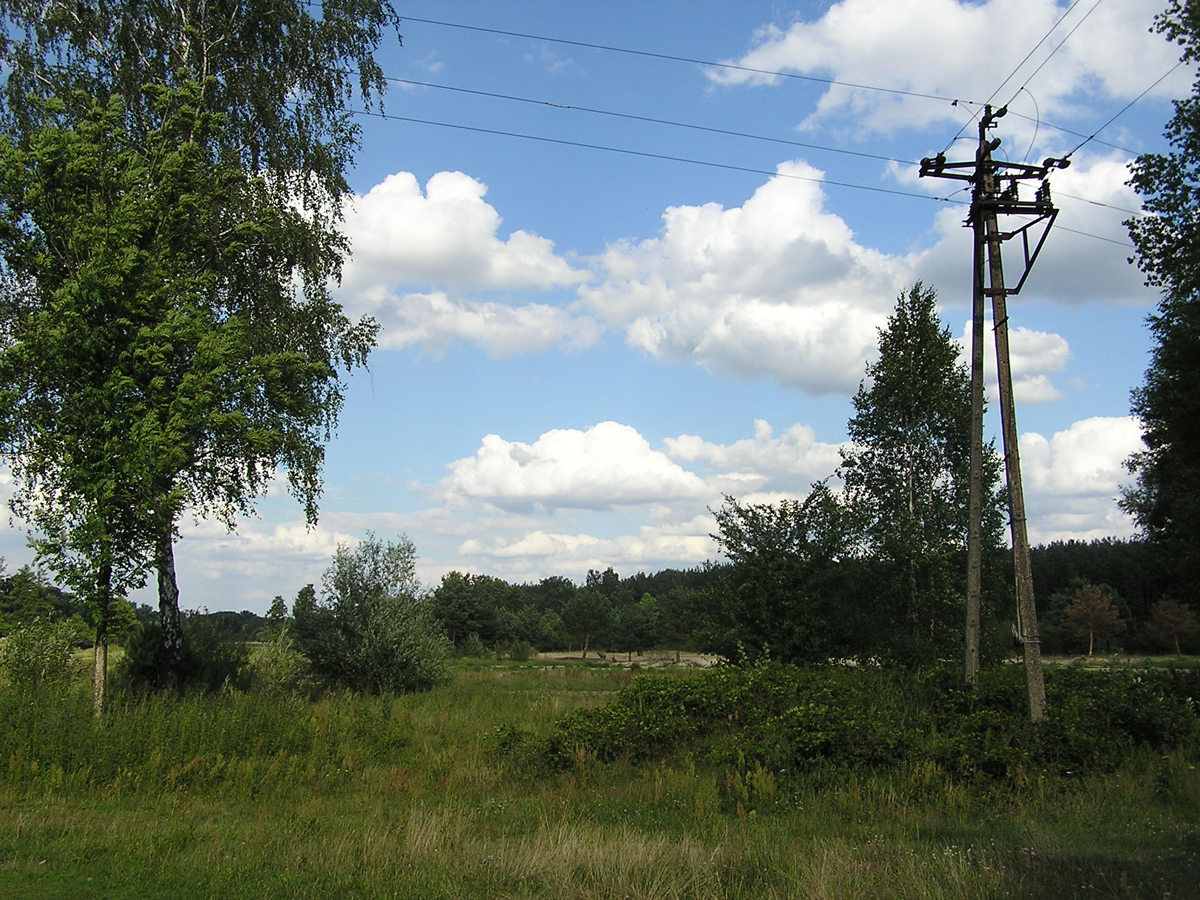Jen Weiss is a Finance Analyst at the Environmental Finance Center.
Quick … what do you think of when you hear the word “revolving?” A revolving door? A revolving restaurant? Perhaps a revolving credit card?
In the environmental finance world, the term “revolving” is being paired up with the equally unassuming term “green” to create an effective energy efficiency and renewable energy financing tool called a green revolving fund. At its core, it is a revolving credit instrument, operating much like a credit card which, according to Merriam-Webster, is a pretty straight forward financial tool: “a credit which may be used repeatedly up to the limit specified after partial or total repayments have been made.” But a green revolving fund is not your everyday Visa or Mastercard with a $5,000 upper limit. It is the more sophisticated older sibling of the credit card, the sibling that has grown up and gone off to college. And while it is there, it is making a significant contribution to the bottom line.







